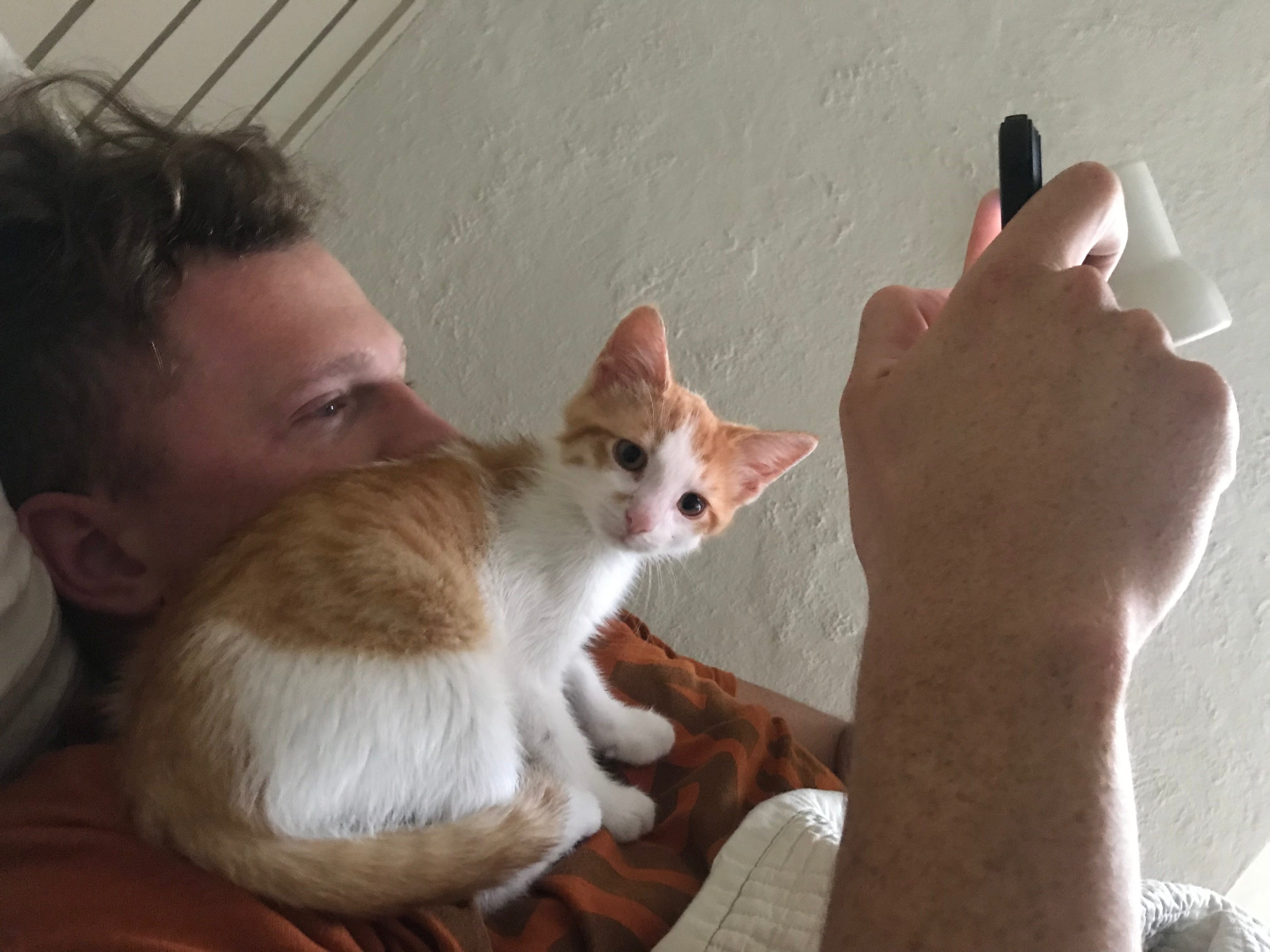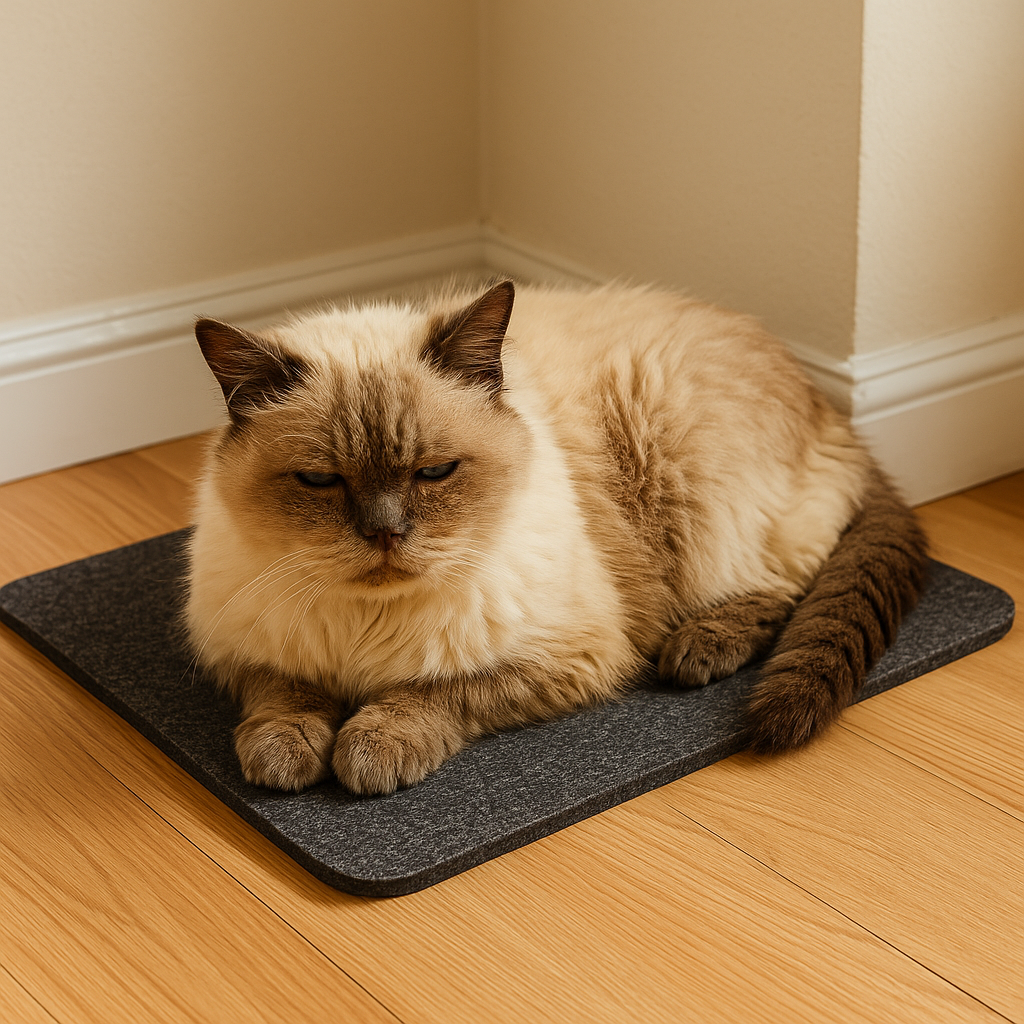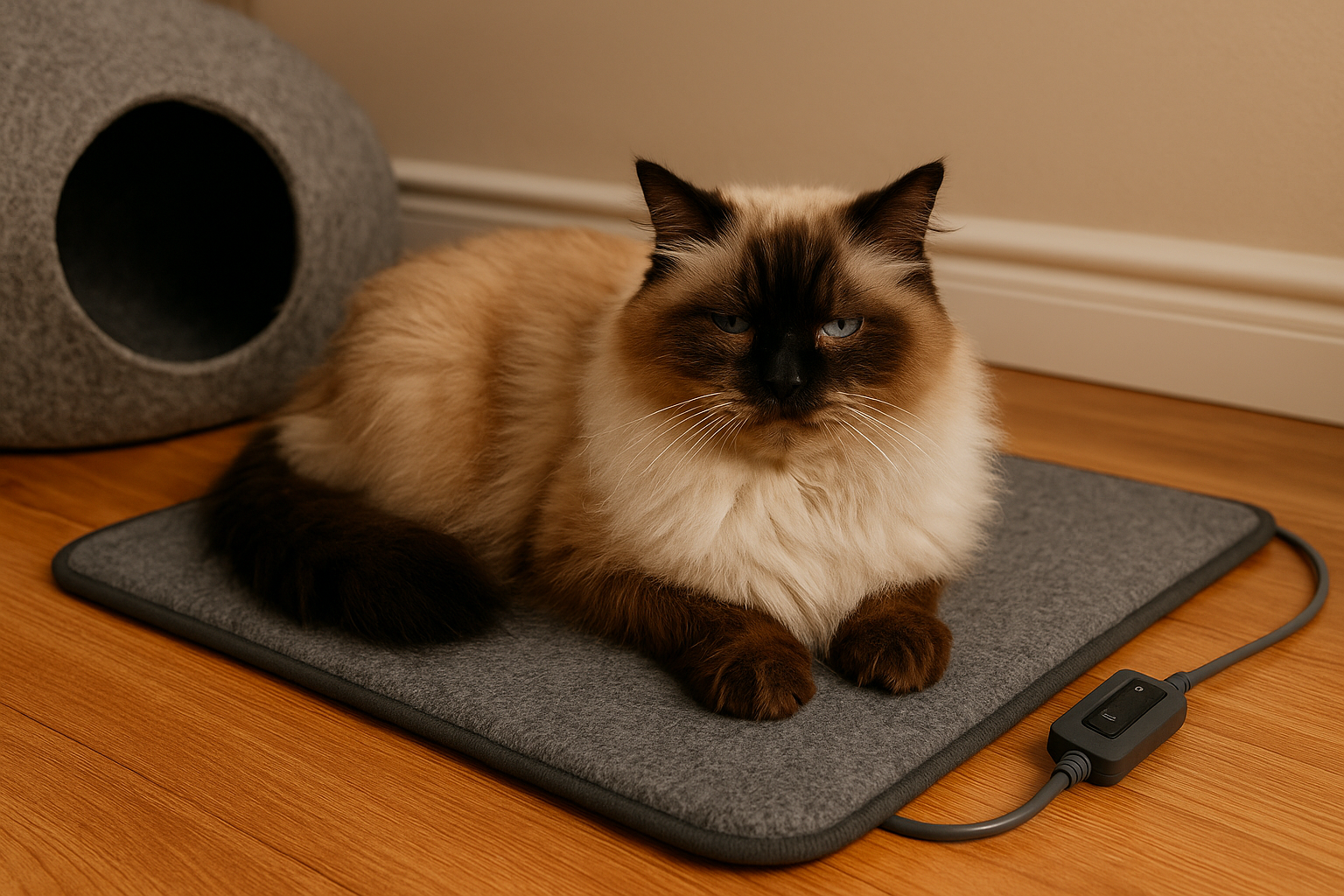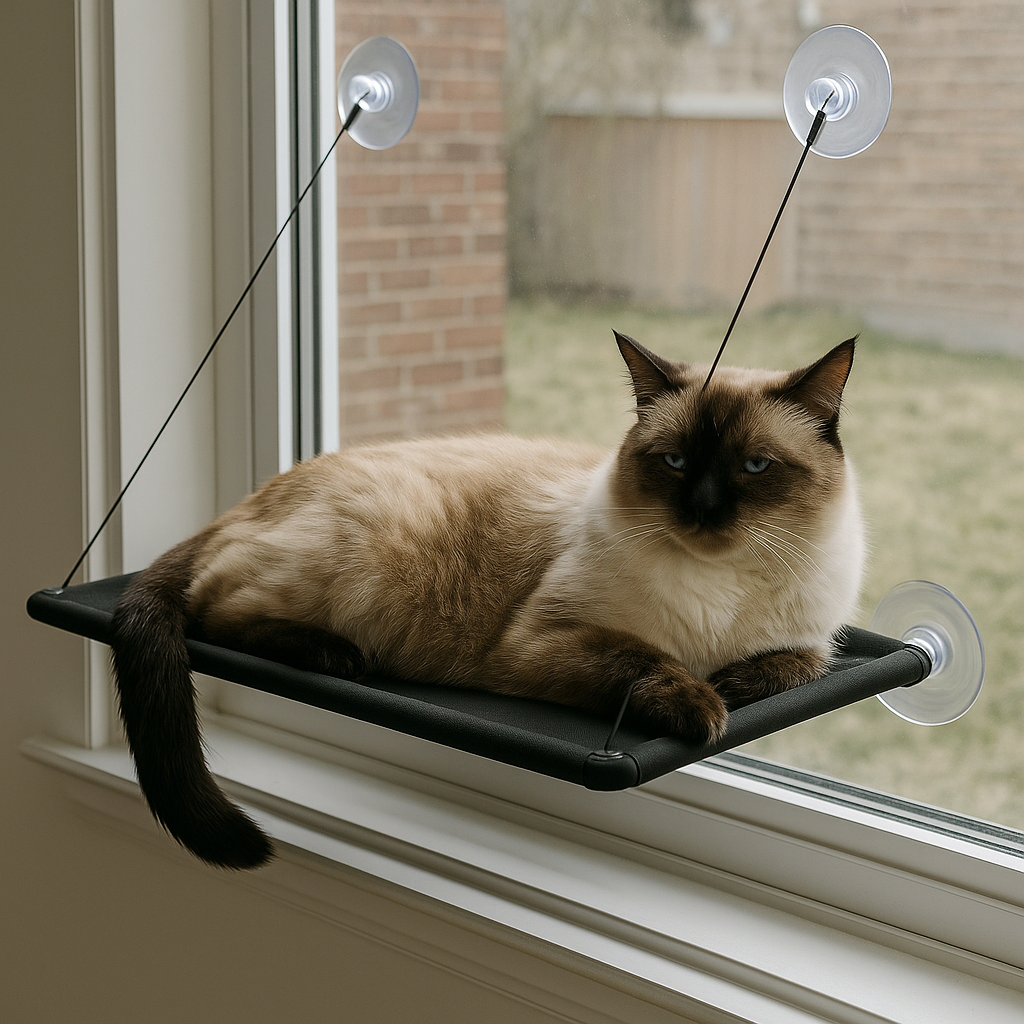The Purrrfect Diet 2025: Nutritional Needs for Cats of All Ages 🐾🐱
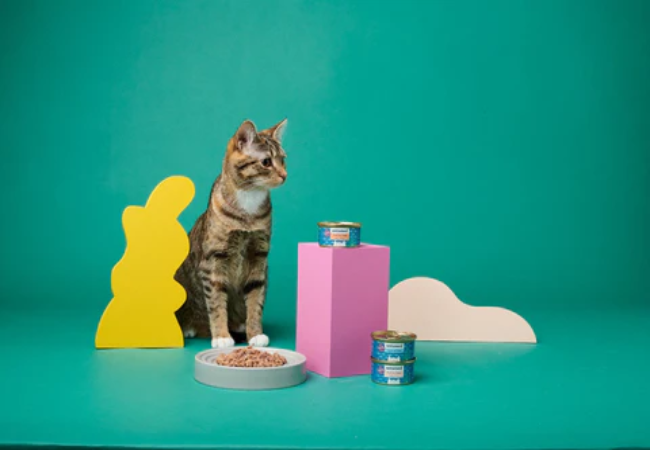
In this article
The Purrrfect Diet 2025: Nutritional Needs for Cats of All Ages 🐾🐱
By Dr. Duncan Houston BVSc
Cats are more than just pets—they’re family. And just like any family member, what they eat has a profound impact on their health, happiness, and longevity. The world of feline nutrition is vast and sometimes overwhelming, but with the right knowledge, you can make the best choices for your furry friend.
In this guide, we’ll break down everything you need to know about cat nutrition at every life stage—from bouncy kittens to wise senior cats. We’ll also cover special diets for health conditions, supplements, and practical feeding tips so you can give your feline companion the purrrfect diet for a long, vibrant life.
🐱 Cats as Obligate Carnivores
The first and most important fact about cat nutrition is simple but powerful: cats are obligate carnivores. Unlike dogs or humans, cats must have animal protein in their diet to survive and thrive. Their bodies cannot synthesize certain essential nutrients such as taurine, vitamin A, and arachidonic acid, all of which are found naturally in meat.
👉 What this means for cat owners:
-
Always choose food where animal protein (like chicken, turkey, fish, or beef) is listed as the first ingredient.
-
Avoid foods with too many fillers (corn, wheat, or soy), as cats cannot digest large amounts of carbohydrates efficiently.
-
Understand that while cats may nibble on grass, their health depends on meat-based diets.
🍼 Kitten Nutrition: Building Strong Foundations
Kittens are tiny bundles of energy that grow at an astonishing rate during their first year. To fuel this growth, they require higher protein, fat, and calorie intake compared to adult cats.
Key Nutritional Needs for Kittens:
-
Protein & Fat: Essential for muscle growth and endless kitten playtime.
-
DHA & Omega-3 fatty acids: Crucial for brain and eye development.
-
Calcium & Phosphorus: Important for strong bones and teeth.
📌 Tips for Feeding Kittens:
-
Feed them high-quality kitten food until they are about 12 months old.
-
Offer multiple small meals throughout the day (3–4 feedings).
-
Avoid giving cow’s milk—it can upset their stomach.
-
Transition to adult cat food gradually after their first birthday.
🐾 Adult Cat Diet: Balancing Health & Weight
Once cats reach adulthood (1–7 years old), the focus shifts from growth to maintenance and prevention of obesity. Obesity is one of the most common health problems in cats, especially indoor cats who may be less active.
Nutritional Guidelines for Adult Cats:
-
High protein, moderate fat, low carbs.
-
Controlled portions to prevent overeating.
-
Wet food can help increase hydration (cats often don’t drink enough water).
📌 Feeding Tips for Adult Cats:
-
Stick to a routine with consistent meal times.
-
Use puzzle feeders or food-dispensing toys to encourage activity.
-
Monitor your cat’s body condition score (waistline and rib check).
-
Keep treats under 10% of daily calorie intake.
🧓 Senior Cat Nutrition: Supporting Golden Years
Cats are considered seniors at around 7 years of age. Their metabolism slows down, and health conditions like arthritis, kidney disease, or dental issues may arise. Nutrition becomes a key tool in keeping them comfortable and healthy.
Nutritional Needs for Senior Cats:
-
Easily digestible proteins to maintain muscle mass.
-
Lower fat content to prevent weight gain.
-
Added fiber to support digestion.
-
Supplements like glucosamine, chondroitin, and omega-3s for joint and coat health.
📌 Senior Feeding Tips:
-
Consider switching to a senior cat food formula around age 7–8.
-
Increase water intake (use fountains or add water to wet food).
-
Schedule regular vet check-ups to monitor kidney, thyroid, and dental health.
🏥 Special Diets for Cats with Health Conditions
Some cats require tailored diets due to chronic health conditions. Veterinary-prescribed diets can be life-changing.
-
Kidney Disease: Low-protein, low-phosphorus diets help ease kidney strain.
-
Diabetes: Low-carb, high-protein diets regulate blood sugar.
-
Allergies & Food Sensitivities: Limited-ingredient or hypoallergenic formulas reduce reactions.
-
Urinary Issues: Diets that promote urinary tract health by maintaining proper pH balance.
📌 Always consult your veterinarian before switching to or creating a special diet for your cat.
💊 Supplements for Cats: Do They Need Them?
While a balanced diet usually provides everything your cat needs, some situations call for nutritional supplements.
-
Essential fatty acids (Omega-3s): For skin, coat, and joint health.
-
Probiotics: Support gut health and immunity.
-
Vitamins (like B-complex): May benefit senior or sick cats.
⚠️ Important: Never give your cat human supplements or over-the-counter products without veterinary approval. Cats are sensitive to overdosing.
🥩 Wet Food vs. Dry Food: Which is Best?
This is one of the most common debates among cat parents. The truth? Both can play a role.
-
Wet food (canned): Higher moisture, helps hydration, often more palatable.
-
Dry food (kibble): Convenient, can support dental health, and is budget-friendly.
👉 Many vets recommend a combination diet to give your cat the best of both worlds.
⚖️ Portion Control & Feeding Strategies
Cats are prone to overeating if food is constantly available. Here’s how to keep them in shape:
-
Use a measuring cup for accuracy.
-
Follow feeding guidelines on packaging (adjusted for your cat’s activity).
-
Consider scheduled feeding rather than free-feeding.
-
Use slow feeders or puzzles to make mealtime fun and reduce gulping.
✅ Final Thoughts
The purrrfect diet for your cat is one that:
-
Matches their life stage and activity level
-
Prevents common issues like obesity, diabetes, and kidney disease
-
Promotes long-term health, vitality, and happiness
Above all, always remember: Your veterinarian is your best partner in navigating feline nutrition. With the right diet and care, your beloved cat can enjoy a long, healthy, and joyful life.




